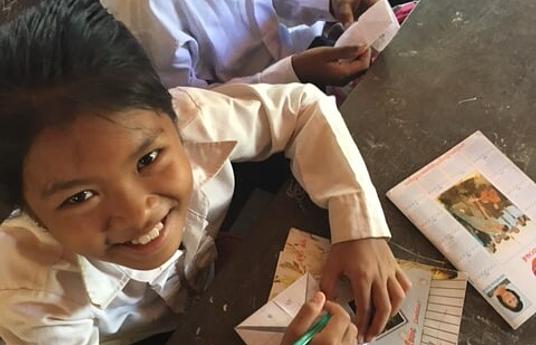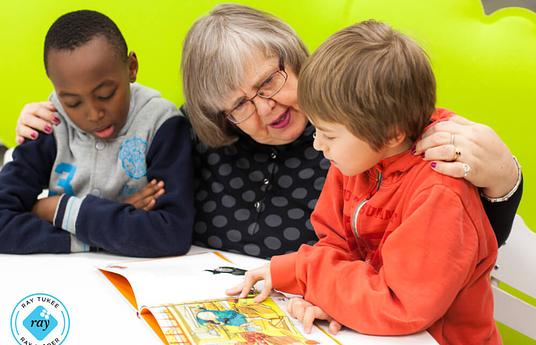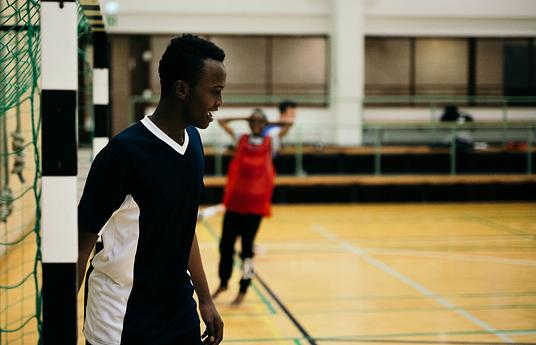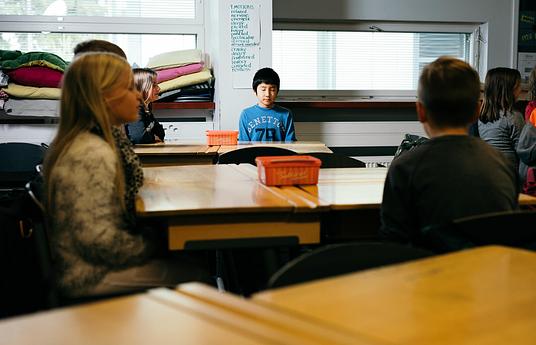Whilst in London the HundrED global team have just announced their first global innovations, the Finnish team have announced their final twenty-five! We are conducting an ambitious trialling of the 100 Finnish projects in schools across Finland, which have been selected by an expert advisory board.
Over the course of the next year, the final twenty-five projects will be practiced in schools and developed and documented along the way. Following this process we will evaluate, format and package the experiments so that anyone anywhere can access the projects for free, and can use them in their K-12 classrooms all around the world.
How do we select twenty-five innovations that really matter?
The Finnish HundrED advisory board consists of thirteen experienced members from different areas in education ranging from politicians to researchers to teachers. They can assess what is realistic in schools and what isn't. The members are Jouni Kangasniemi, Anneli Rautiainen, Jaakko Salo, Kristiina Kumpulainen, Tiina Silander, Leena Pöntynen, Harri Rinta-Aho, Kari Kumpulainen, Anna-Mari Jaatinen, Jani Toivola, Maurizio Pratesi, Pekka Peura and Sampo Lokki.
'The advisory board members represent diverse points of view in order to provide a good foundation of advice for those involved in the experiments,' says Jouni Kangasniemi, Head of Development at the Finnish Ministry of Education and Culture.
Seniors in schools, 3D printing and teachers without borders, the twenty-five projects address all kinds of issues.
The themes of the twenty-five experiments are diverse and tackle the multitude of problems and aspects of education that need innovating. For instance, to improve literacy we are trialling projects which tackle this from different perspectives, Reading Grandmas and Grandpas is one of these projects.

The innovation pairs senior citizens with school children, where the child receives one-on-one attention as they read and at the end they discuss the content and themes of what they have just read with their senior citizen.
Not only does this provide the child with a significant amount of attention and tailored support just for them, but it empowers the senior citizens too who become an important aspect of the child’s life.
To help build a community around teachers, and to allow them to share their best practices, we are trialling Teachers Without Borders. This initiative tackles teaching from two different perspectives. It allows teachers to plan and put into practice a professional development program for teachers and teacher-trainees, keeping teaching practices fresh and consistently developed within their own country.
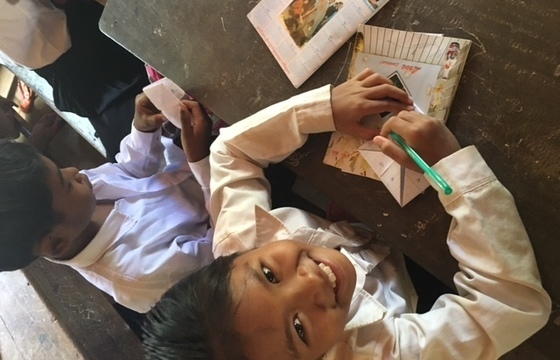
The other side of the project aims to help teachers in developing nations to develop their skills too. In this experiment, the teachers and schools are partnered with schools in Cambodia.
Not only will the Finnish teachers be able to share their pedagogical expertise with teachers in Cambodia, but they will be able to learn about Cambodia from the Cambodian teachers which they can then share with their students – helping to give them a world view. The project will also see the school students in Finland fundraising to help to create better futures for the school children in Cambodia.
To help education keep up with the new skills and jobs that are quickly growing thanks to the steep rise of technology, we’re following Pedagogy and 3D Printing - a project which introduces virtual reality and 3D printing into schools. The aim of the initiative is to introduce vital future skills into schools and to tackle the stigma that these subjects are too difficult to introduce into teaching.

It’s beneficial to have these skills taught in schools so that children who are currently in education are prepared for the future job market, where there has been a predicted shortage in these skills.
More than job security, 3D printing presents an opportunity for students to create with their hands - using all of their senses - and therefore works well for those who learn best through phenomenon-based learning.
To find out more about these projects, or to discover more innovations, you can find all of the Finnish innovations that we are trialling in schools here. Alternatively, you can follow us on Twitter and Facebook where we keep you posted about the latest innovations in education and our work.

